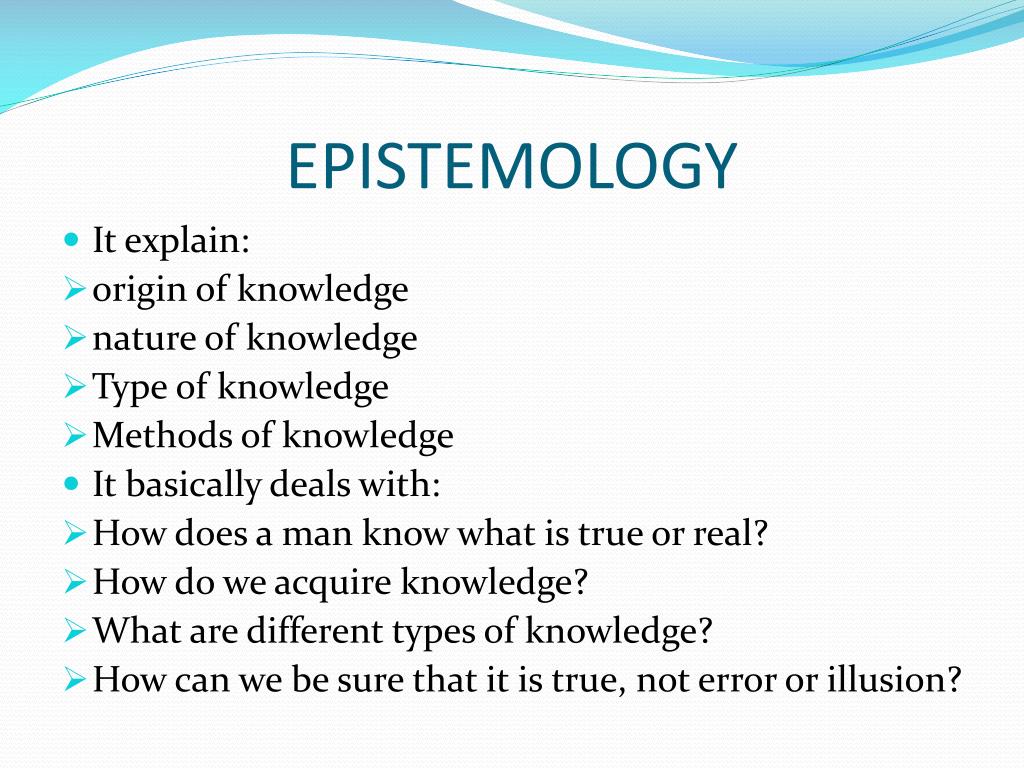

The contributors show that not only Shakespeare but also a broad range of his contemporaries were deeply interested in how memory and sexuality interact. This volume brings together two vibrant areas of Renaissance studies today: memory and sexuality. Thus, adaptations of Shakespeare's text are necessarily involved in queering the queer(ed): a pomosexual process that ultimately leads to the breakdown of the normative signification system." 'Romeo and Juliet' is a historical text that has been adapted, and thus queered, numerous times Shakespeare's 'Romeo and Juliet' is itself an adaptation and therefore is always already a queer text. Adaptation, as a process of re-writing/disrupting a normative, 'originary,' historically situated text, is by definition a queer process. I argue that queering involves the non-normative and disruptive process(es) of reading texts.

By engaging in new queer or pomosexual readings of Shakespeare's text, in relation to various adaptations, including 'Shakespeare in Love, Tromeo and Juliet ', and 'Get Real', this thesis challenges the traditional heteronormative reading of the play and argues that the play itself is queer. "This work investigates Shakespeare's 'Romeo and Juliet', one of the exemplary heteronormative love stories in Western culture. The three protagonists and Laertes are given the task of proving their political and sexual legitimacy by avenging their respective fathers. It argues that the fear of bastardy haunts the three plays in different forms. This paper seeks to examine the different approaches to dead-father-living-son ambivalent dynamics of recognition and denial in these three revenge tragedies. In the three plays under scrutiny, the questions of legitimacy and succession to the throne are intertwined with the domestic theme of dead-father- living-son relationship. The son should observe the tradition to be accepted as king. It does not tolerate deviations and ruptures. Nussbaum, “devotion and obedience to a good father” (227) are “monarchical emotions.” (Ibid) Monarchy is based on different forms of continuity. Filial obedience is central to the politics of monarchy. He should fulfil the commands of the father and preserve his legacy. The son should end this usurpation by avenging the father. In the three plays, the place of the father is usurped by another man who has a hand in his death. The act of revenge is a restoration of the father’s legacy. It falls to the son to fulfill the command of the dead father in order to prove his legitimacy. According to Marjorie Garber, revenge can sometimes be an act of homage.

The dead father is never appeased until the blood of the killers is spilled by the living son. In the three plays, the father of the tragic hero is murdered and his restless soul haunts the world of the living in different forms to seek revenge.

The Libation Bearers by Aeschylus, King Oedipus by Sophocles and Hamlet by William Shakespeare are domestic tragedies in which the dead father plays a central role.


 0 kommentar(er)
0 kommentar(er)
